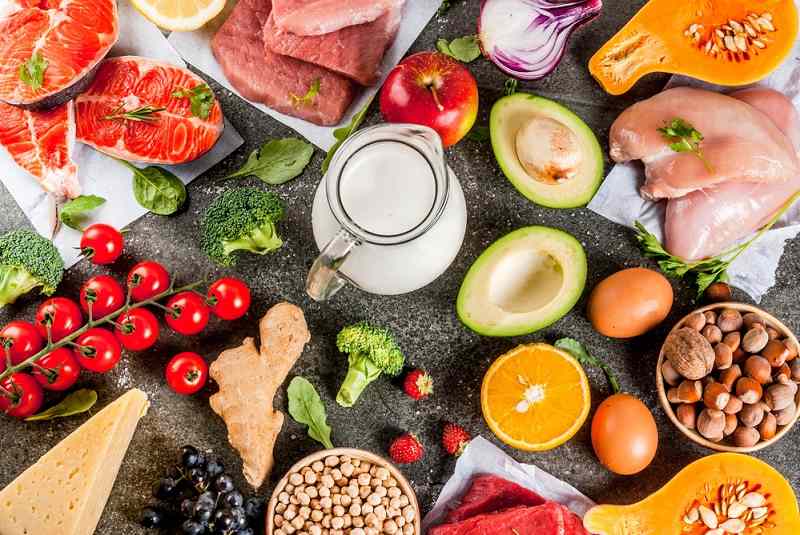
Usually, anemia is associated with an increased risk of preterm birth, heavy bleeding during childbirth, and low birth weight (LBW). In addition, anemia can also affect the growth and development of the child during pregnancy or afterwards.
Definition of anemia
Anemia or iron deficiency, is a disease that occurs due to iron deficiency in the blood. This means that the amount of hemoglobin (Hb) in the blood decreases from the normal threshold.
Iron is needed in sufficient quantities, to form red blood cells in the spinal cord. If the number is small, then the red blood cells will not be enough to be produced, causing the Hb count to continue to decline, and you will experience anemia.
The symptoms
Pregnant women (pregnant women) are declared anemic, if the hemoglobin level in the blood is less than 11 mg / L. There are two possibilities for someone said to suffer from anemia, which must go through the Hb test and be seen from the physical gekala it shows, such as:
- 3 L (weak, tired, and tired)
- Tinnitus (ringing in the ears)
- Dizzy eyes
- Feet feels cold
- Hard to breathe
- Dyspepsia (discomfort in the upper abdomen or chest that arises after eating)
- Pale, especially in the conjunctiva (clear membrane), mucosa (mucus) mouth, and palms
If this condition is not realized or left for a long time, the symptoms that can arise are:
- Koilonychia (spoon nails), nails become brittle, vertical stripes, and become concave so that it looks like a spoon.
- Atrophy of the papillary tongue, ie the surface of the tongue becomes slippery and shiny because the tongue papil disappears.
- Angularis stomatitis (cheilosis), which is inflammation of the corners of the mouth so that it looks like a pale whitish patch
- Dysphagia, which is pain that is felt when swallowing due to irritation in the throat
Then, should the consumption of supplements?
Pregnancy is a condition that can cause biological changes in a woman's body, while preparing for the baby's growth. One significant change, namely, an increase in blood volume up to 50% at the end of the second trimester, but the number of red cell nuclei only increased by 30%. This results in vulnerability to decrease blood Hb levels in pregnant women.
Therefore, based on an article reported by the Indonesian Ministry of Health, pregnant women are advised to consume blood-added tablets (TTD). The recommendation is to consume 60 mg iron tablets / day. But that's not all, you also need to take folic acid supplements of 300 mg / day to avoid folic acid deficiency anemia which can cause birth defects in babies.
Well, those are some things you need to know about anemia in pregnant women. Oh yeah, keep eating foods that contain iron and folic acid, yes! Such as red meat, beans, vegetables and fruits. Supplements are only as supporting the fulfillment of nutrients that have not been fulfilled. Do not forget, avoid cooking food for too long, because it can reduce the content of folic acid in food. Come on, stay healthy while pregnant!







0 coment�rios:
Posting Komentar